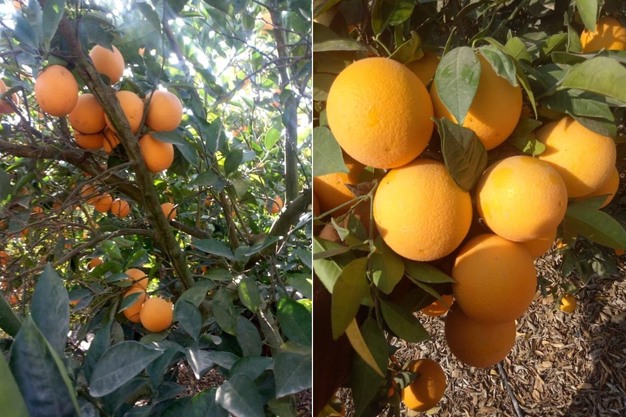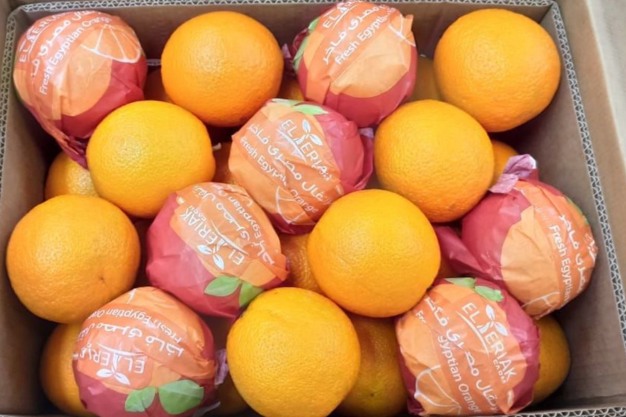The Egyptian orange season has come to a close, except for producers who delayed the harvest and stored the fruit on the trees, a risky practice, according to Amgad Nessem, Export Manager at El Teriak Farms.
The exporter explains: "Because of an oversupply in Europe, due to the Red Sea crisis, some growers preferred to delay the harvest and store the oranges on the trees. So the season was extended. It's a bit of an adventure at a time when European demand for oranges is vanishing. There are also questions about the quality of the fruit, due to the arrival of the fruit fly."

Amgad continues, "The Egyptian summer brings high temperatures, reaching up to 46 degrees, as well as fruit flies which require intense treatment."
It's been a tough season for Egyptian Navel and Valencia oranges, "a season to forget," according to Amgad. "We started the season with a large production on our hands, and the Red Sea crisis cut us off from the Asian and East African markets. As a result, there was too much supply in Europe, and prices were very low."
"During the campaign, there were periods when demand surged. But our customers often asked us to slow down deliveries because prices were too low. It was only at the end of April, when most exporters had exhausted their stocks, that prices improved a little," adds Amgad.
"Fortunately, competition has not been an aggravating factor for Egyptian orange exporters," says the exporter. "Spain was hit by adverse weather, which reduced its production by a third. Turkish oranges have not been appealing, due to poorly managed pesticide residue levels. And finally, South Africa has not yet started its campaign. So there were no other oranges on the market."

The Navel orange campaign has fared better than the Valencia orange, says the exporter. He explains: "Despite a stumble at the official launch of the campaign, which finally took place on 15 December, the Navel campaign went better than the Valencia campaign, which arrived a little later. The timing is critical, as a very short period separates the two varieties."
Amgad concludes: "We could have done better this season if there had been more agreement between exporters on volumes and prices. This requires more cooperation and the establishment of a reference price, especially with the increase in volumes. Otherwise, next season is likely to be just as difficult."
For more information:
Amgad Nessem
Elteriak Farms
Tel: +201 207 976 920
Email: amgad.nessem@elteriakfarms.com
www.elteriakfarms.com
